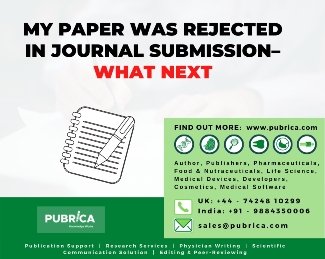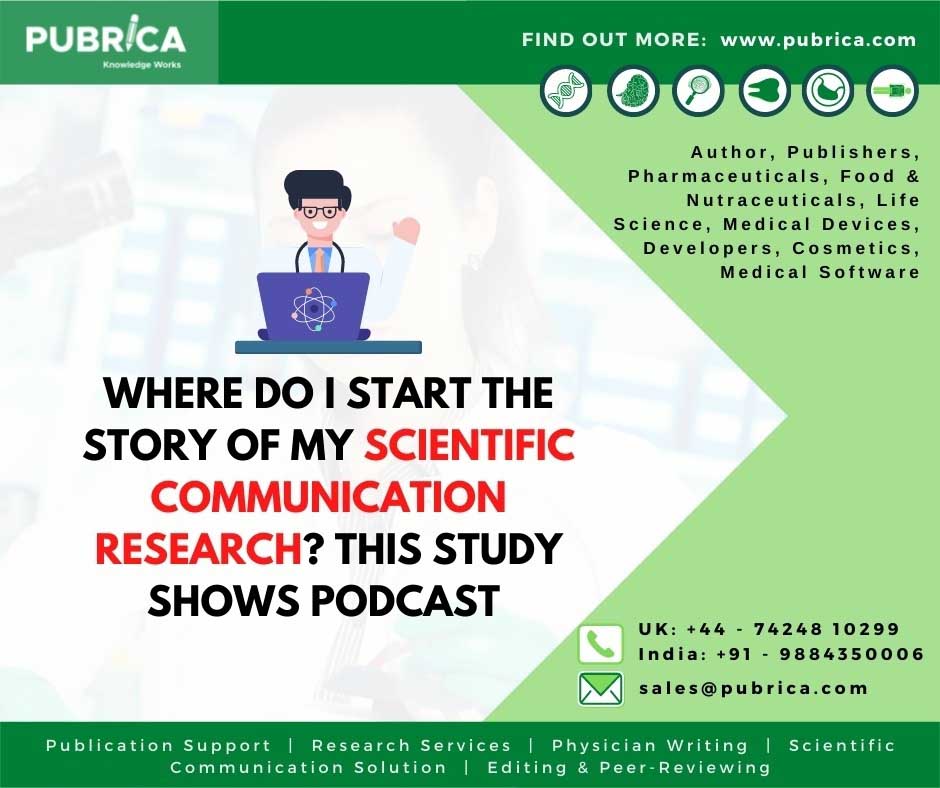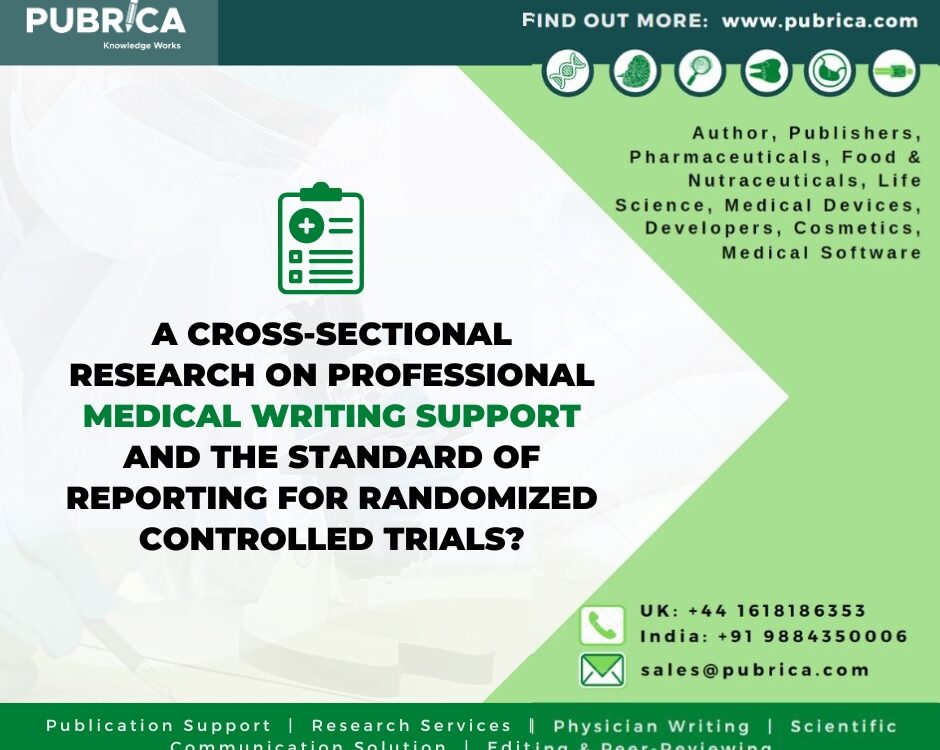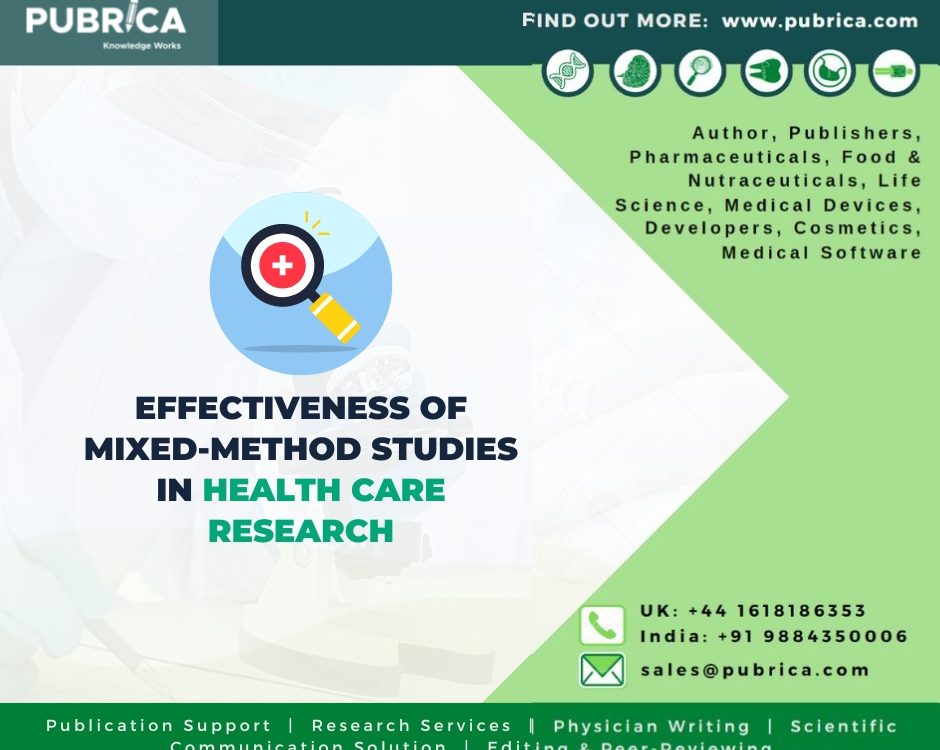
What Does If My Paper Is Rejected in Peer Review?
October 12, 2021
Where Do I Start the Story of My scientific communication Research? This Study Shows Podcast
October 29, 2021In brief
Initiatives to share research data have the potential to accelerate knowledge discovery and scientific advancement. Reusing research data offers the ability to prevent duplication of data sets while also providing new perspectives from numerous analyses of the same data set. The study of genetic variants linked to, for example, benefits from the common gathering of such data and aids in selecting the most appropriate medication for a certain patient. The scientific community, on the other hand, has problems when it comes to data exchange. These difficulties might be ethical, cultural, legal, economic, or technological. This article examines the influence of data sharing on science and society and recommendations for improving the efficiency with which research data is shared .
Introduction
Open Research Data
In its most basic form, data sharing is the practice of making empirical data from research projects freely and unqualifiedly available. Shared data, like shared materials, can be stored in additional online files with a published paper, either part or under a distinct DOI. When data is shared, readers have on-demand access to the data files from which the reported analyses are produced while reading the findings section of a publication. The amount of detail that an author may drive into while discussing their data is limited in manuscripts. As a result, authors will only report what they believe readers will either (a) want to know or (b) need to know, which frequently results in reports of only summary findings: basic sample descriptive information, nominal information for statistical significance tests (such as condensed or rounded p-values), or the use of paradigms to represent trends in open-ended data collection services.
Features and Guidelines to Share Research Data
SMART Experimental Design Boosts Data Reusability
Specific, Measurable, Attractive (or Achievable), Relevant, and Timely is an abbreviation meaning Specific, Measurable, Attractive (or Achievable), Relevant, and Timely. This method aids in determining whether or not a concept is viable in terms of time and finances. Whether doing a wet or dry lab Experimental Design, it is critical to devote time and effort to the design of the experiment before getting hands-on. Scientists characterise their experiment as simple as feasible while keeping it as complicated as required after passing these criteria. A good data management strategy will outline the whole data treatment process both during and after a project. It will also consider that research data has a longer life cycle, increasing its worth to the community. This procedure covers data production, processing, quality control policies, and data preservation and sharing strategies.

Standard Formats Facilitate Data Exchange
Over time, science has become more complicated and multidisciplinary. Scientists must develop a language Franca through which they can interact and exchange data. It is desirable to transmit data using standard file formats rather than proprietary file formats; however, selecting a standard format to represent data and metadata is not always straightforward. Biosharing has developed into Fairsharing, which offers the same services as BiSharing but in a broader scope.
Rich Metadata Clearly Describes Research Data
Metadata gives other Research paper publications the information they need to comprehend (and duplicate) your data collection. When the accompanying metadata defines an experiment, data discoverability and reusability improve. ISA-tab, MIAME, and PDBML are among the metadata standards that are utilised by various repositories. Other standards, such as data identification standards, might be considered in the data sharing process.
The FAIR Guideline Principles Ensure Data Transparency, Reproducibility, and Reusability
FAIR is the acronym for Findable, Accessible, Interoperable, and Reusable. The FAIR principles are intended to serve as a roadmap for data producers, published journal papers and controllers. FAIR data, according to the above-referenced paper, should be:
- Findable: data has a unique and permanent identifier (PID); metadata properly identify and fully explain the data to which they relate; and (Meta) data is placed in a findable repository.
- Accessible: Metadata is recognised using open and standard protocols; metadata is accessible even if the data is no longer available.
- Interoperable: (Meta) data allow for platform interchange and are machine-readable; (Meta) data are FAIR; and, where necessary, refer to other sources of (Meta) data.
- Reusable: (Meta) data are thoroughly defined; (Meta) data have a clear and easily available licence; (Meta) data adhere to community-driven standards (3).
Conclusion
Advances in communication technologies have prompted many people to re-assess how we share knowledge in today’s publishing environment. Sharing research materials and sharing research data are two particular improvements that have been pushed for. This essay highlights and discusses how researchers may use so-called “open materials” and “open data” as crucial considerations when publishing Research paper support.
(4).
About Pubrica
At Pubrica, we collect data from a wide range of sources and perform semantic annotation based on the clinical research questions that you want to solve. Pubrica has the vast majority of the data in the form of doctor’s notes; electronic medical records, prescriptions, and similar information are available. Although therein lies the golden possibility of big data in medical care, but it’s challenging to yield valuable insights due to complex, unstructured, and longitudinal and voluminous data.
References
- Figueiredo AS. Data Sharing: Convert Challenges into Opportunities. Front Public Health. 2017; 5:327. Published 2017 Dec 4.
- Patric R. Spence, C. Sean Burns. (2020) Retrieving Arguments and Support after Publication: Archiving Links in Communication Research. Communication Studies 71:5 pages 911-914.
- Wilkinson MD, DumontierM, Aalbersberg IJ, Appleton G, Axton M, Baak A, et al. The FAIR Guiding Principles for scientific data management and stewardship. Sci Data (2016) 3:160018.10.1038/sdata.2016.18
4. Christen P., Ranbaduge T., Schnell R. (2020) Future Research Challenges and Directions. In: . Linking Sensitive Data. Springer, Cham



